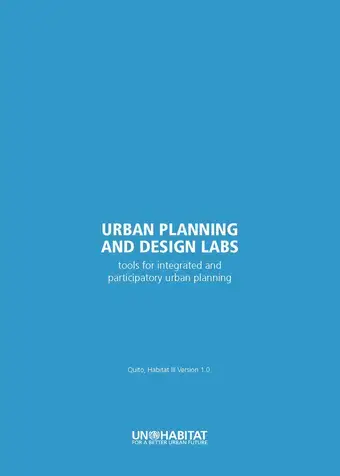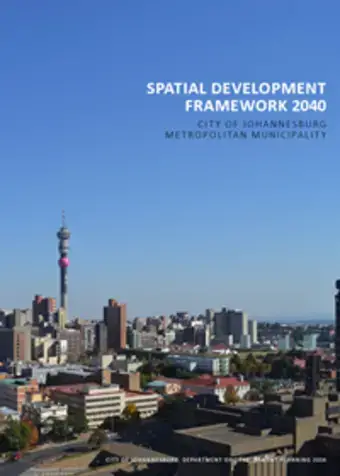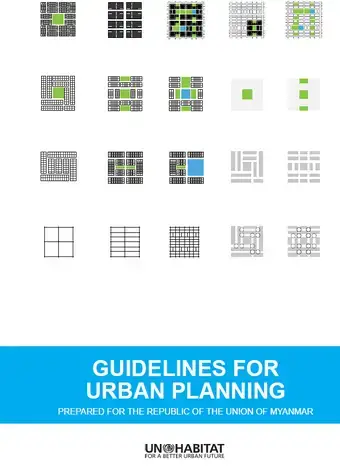Quito, Ecuador 01 November 2016--- UN-Habitat through its Urban Planning and Design Lab launched its Urban Labs publication to great acclaim in an event at the One UN Pavilion at the Habitat III Conference. The event featured several partners from the Global Network of Planning Labs who reported on their individual and localized experience.
Urban Planning and Design Lab Premieres Urban Labs Movie at Habitat III
Quito, 19 October 2016-- – UN Habitat’s Urban Planning and Design Lab, with participation from partners and stakeholders held the premiere of the Urban Labs Movie opening to rave reviews and a full house at the ongoing Habitat III conference.
Two panels of local stakeholders from partner cities of the Urban Labs followed the screening by discussing the role that the Urban Labs played and continue to play in the sustainable development of their cities.
Johannesburg embraces sustainable planning
Johannesburg, 12 July 2016-- Last week, the City of Johannesburg presented Johannesburg’s Spatial Development Framework 2040 (SDF) at the 2016 South African Planning Institute (SAPI) Conference entitled ‘Planning African Cities’. The Spatial Development Framework elucidates Johannesburg’s spatial vision to become a world-class African city. It was developed through a series of participatory multi-stakeholder workshops (charrettes) facilitated by UN-Habitat’s Urban Planning LAB and Johannesburg’s planning department.





